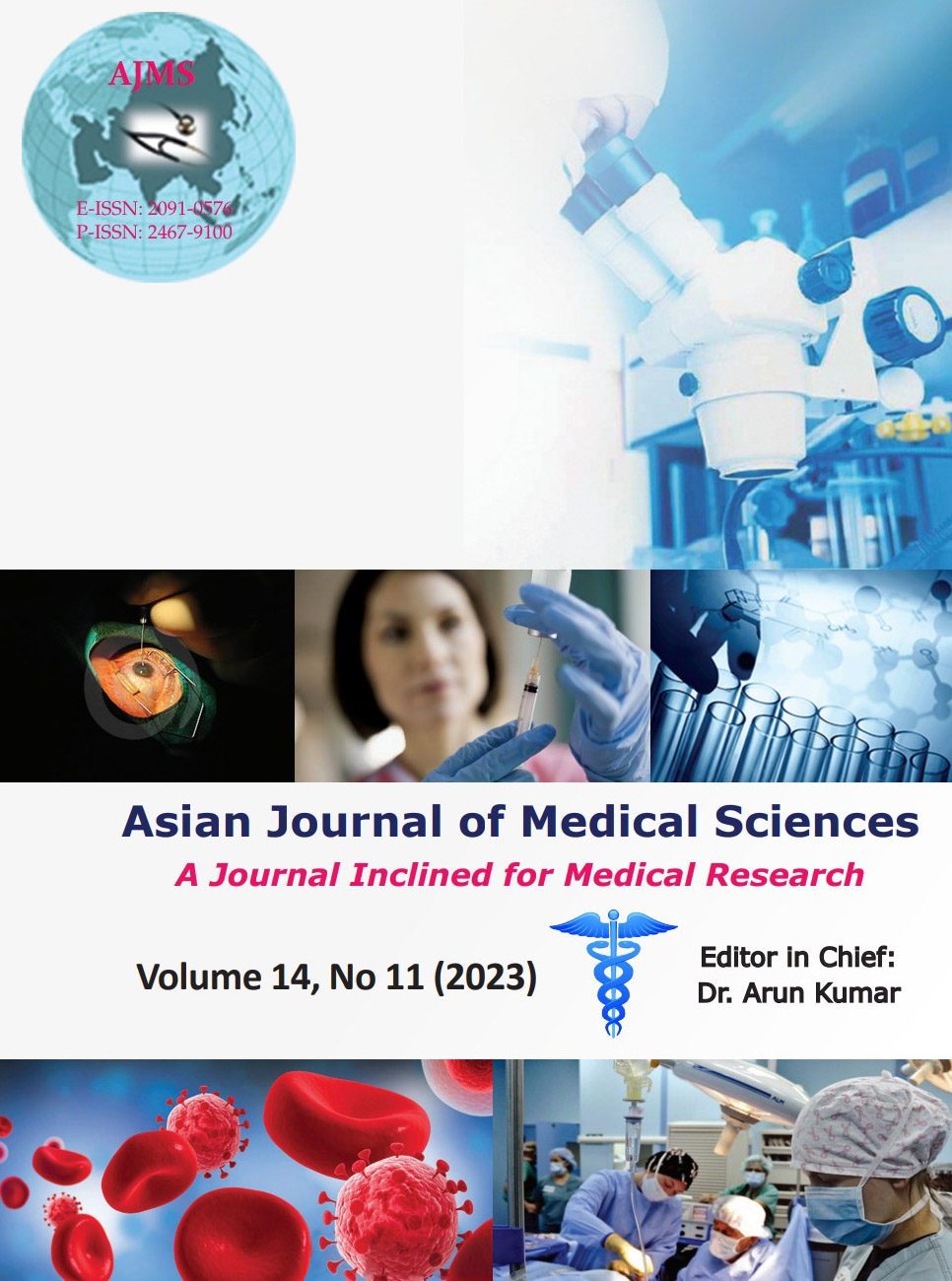Vitamin D as a biomarker in predicting sepsis outcome at a tertiary care hospital
Keywords:
Vitamin D; Sepsis; Simplified acute physiology score II score; Charlson comorbidity score; Critical careAbstract
Background: Vitamin D has proven immunomodulatory effects. As per the literature, there is a vitamin D deficiency observed in critically ill sepsis patients.
Aims and Objectives: The present study was conducted to study the association of vitamin D levels at the time of admission to the intensive care unit (ICU) with mortality and various indices of sepsis assessment like the simplified acute physiology score (SAPS II) along with the age-unadjusted Charlson Comorbidity Index (CCI) and procalcitonin.
Materials and Methods: A single centric, observational-longitudinal study was conducted in the ICU with patients of sepsis (n=96). Vitamin D was measured at the time of admission to the ICU. Controls were taken from age- and gender-matched patients without sepsis and with no premorbid illnesses. The objectives of the current study were to assess SAPS II and CCI scores and their predicted mortality amongst various categories of vitamin D levels at the time of admission, to correlate various categories of vitamin D levels with hospital stay and complications or hazards and to assess the sensitivity of vitamin D for prediction of sepsis outcome.
Results: The case cohort and controls had average vitamin D levels of 15.33 ng/dL and 41.11 ng/dL, respectively. Patients with vitamin D deficiency had longer hospital and ICU stays and greater rates of morbidity. Observations showed no correlation between vitamin D and serum albumin, WBC count, total cholesterol, triglycerides, LDL, or HDL. The level of vitamin D at the time of admission to the ICU was observed to be highly sensitive (90.6%) to predicting the mortality rates in the ICU due to sepsis.
Conclusion: Measurement of vitamin D at the time of admission may be a possible indicator for prediction of sepsis mortality and hospital and ICU length of stay for ICU-admitted patients with sepsis.
Downloads
Downloads
Published
How to Cite
Issue
Section
License
Copyright (c) 2023 Asian Journal of Medical Sciences

This work is licensed under a Creative Commons Attribution-NonCommercial 4.0 International License.
Authors who publish with this journal agree to the following terms:
- The journal holds copyright and publishes the work under a Creative Commons CC-BY-NC license that permits use, distribution and reprduction in any medium, provided the original work is properly cited and is not used for commercial purposes. The journal should be recognised as the original publisher of this work.
- Authors are able to enter into separate, additional contractual arrangements for the non-exclusive distribution of the journal's published version of the work (e.g., post it to an institutional repository or publish it in a book), with an acknowledgement of its initial publication in this journal.
- Authors are permitted and encouraged to post their work online (e.g., in institutional repositories or on their website) prior to and during the submission process, as it can lead to productive exchanges, as well as earlier and greater citation of published work (See The Effect of Open Access).




